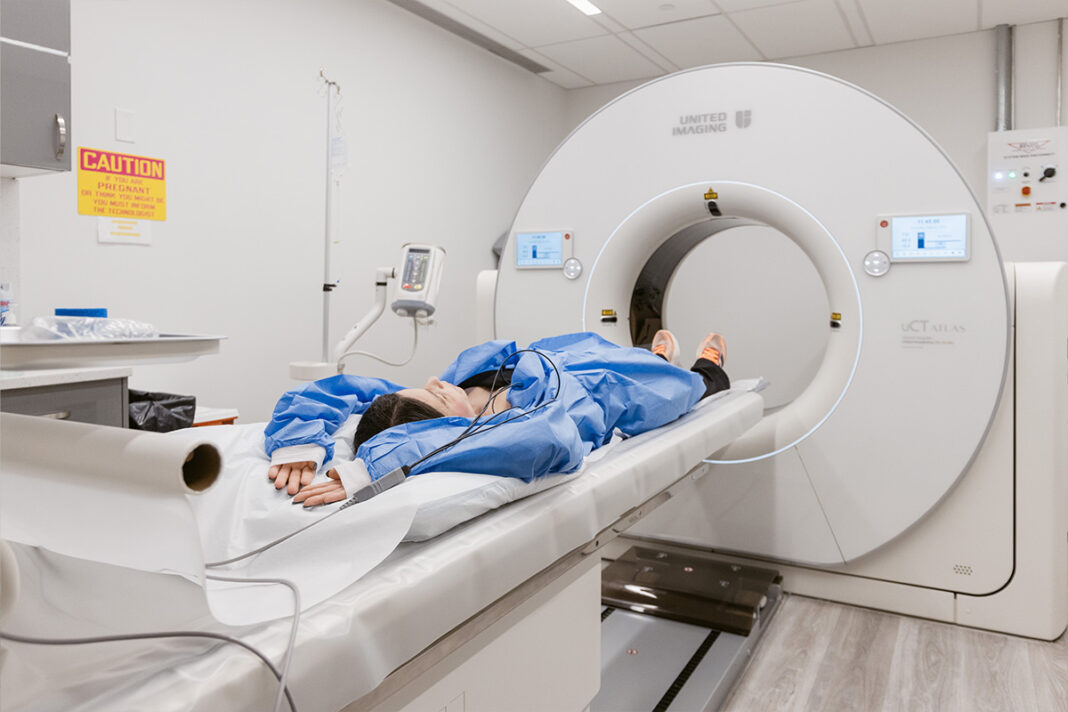While the association between preconception CT exposure and adverse outcomes was clear, the exact biological mechanism remains uncertain.
Women who undergo computed tomography (CT) scans before pregnancy face an increased risk of miscarriage and congenital abnormalities in their babies compared with those without such exposure, according to a large population-based study published in the Annals of Internal Medicine.
“CT imaging is an indispensable tool for diagnosis and monitoring, but it remains a major source of ionizing radiation exposure in human,” wrote lead author Camille Simard, MD, of McGill University. “Its use has risen sharply in the past three decades, including among younger women and during pregnancy.”
The study evaluated 5,142,339 recognized pregnancies and 3,451,968 live births between 1992 and 2023. Researchers examined the impact of one, two, or three or more CT scans performed at least four weeks before conception. Women without prior CT scans served as the control group.
In the control population, the rate of pregnancy loss was 101 per 1000 pregnancies, and congenital abnormalities occurred at a rate of 62 per 1000 births. In contrast, women with one, two, or three or more preconception scans had pregnancy loss rates of 117, 130, and 142 per 1000 pregnancies. These corresponded to relative risk increases of 8%, 14%, and 19%, respectively. Similarly, congenital abnormalities were more frequent among exposed women, occurring at rates of 84, 96, and 105 per 1000 births. This translated to increased risks of 6%, 11%, and 15% compared with controls.
Popular Gel Manicure Chemical Linked to Fertility Risks in Animal Studies
Medical Societies Need to Re-evaluate the Effect of Radiation
While the association between preconception CT exposure and adverse outcomes was clear, the exact biological mechanism remains uncertain. Even so, the findings challenge longstanding assumptions. “The results suggest that professional societies need to reconsider positions that deny or minimize the cumulative effects of radiation,” said Seth Hardy, MD, an associate professor at Penn State Health, in an accompanying editorial.
He emphasized the ethical obligation of clinicians: “Informed consent is a cornerstone of medical ethics, and if there is risk to a future pregnancy, then the ordering clinician and radiologist must counsel a young woman about the balance of potential risks versus benefits.”
The study highlights the need for medical societies to re-evaluate current guidelines on radiation exposure in women of reproductive age and ensure informed decision-making in clinical practice.




